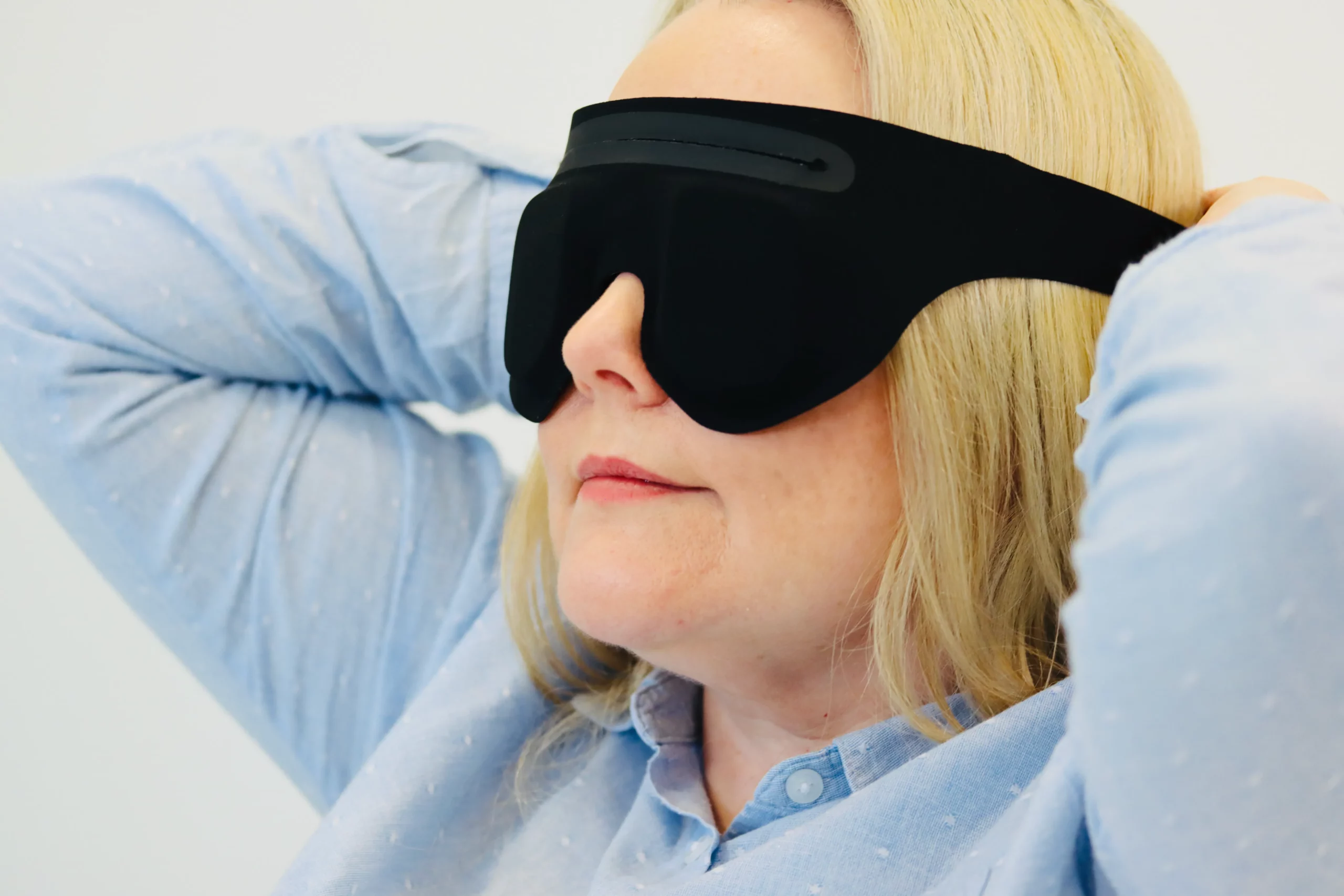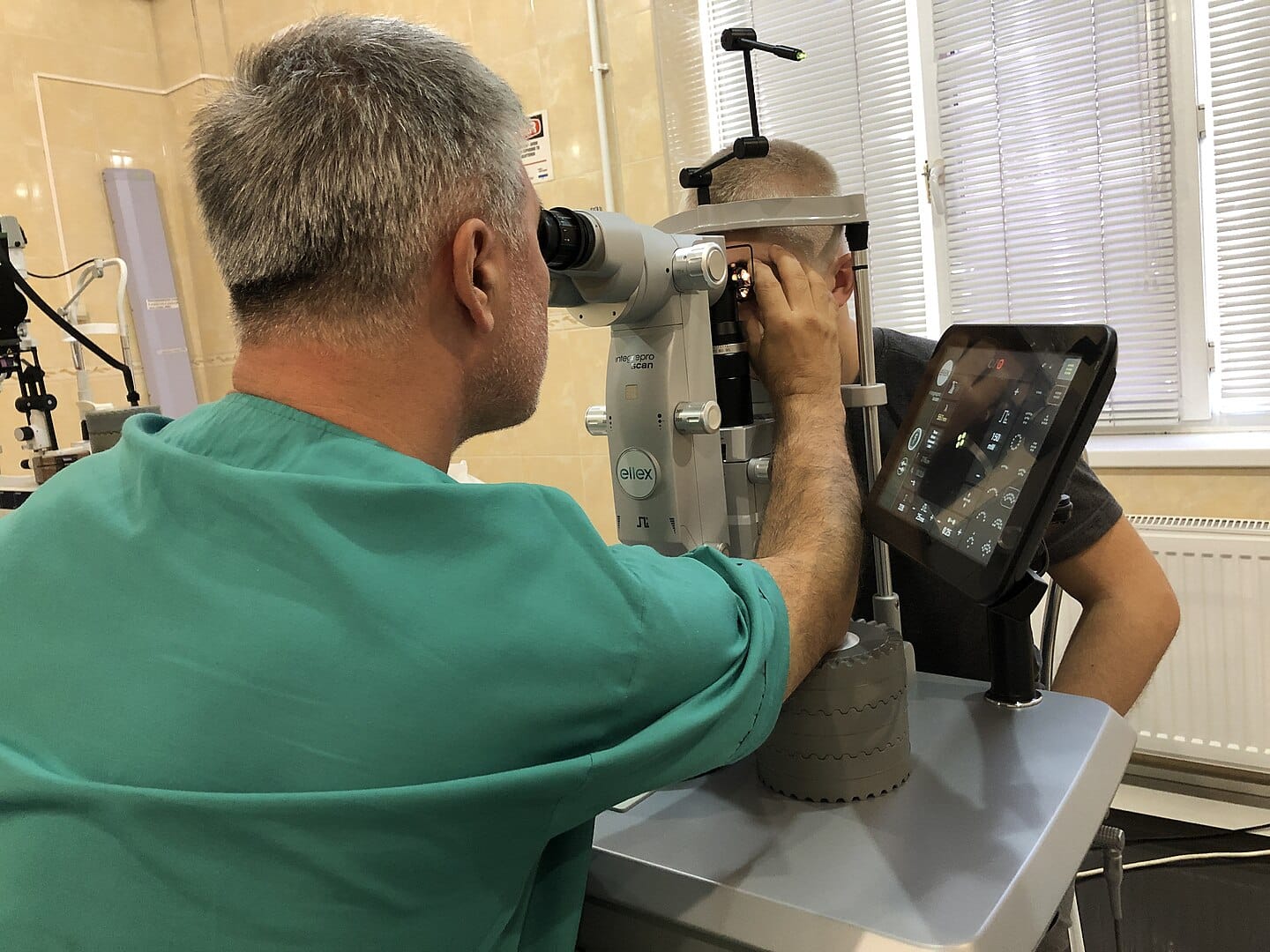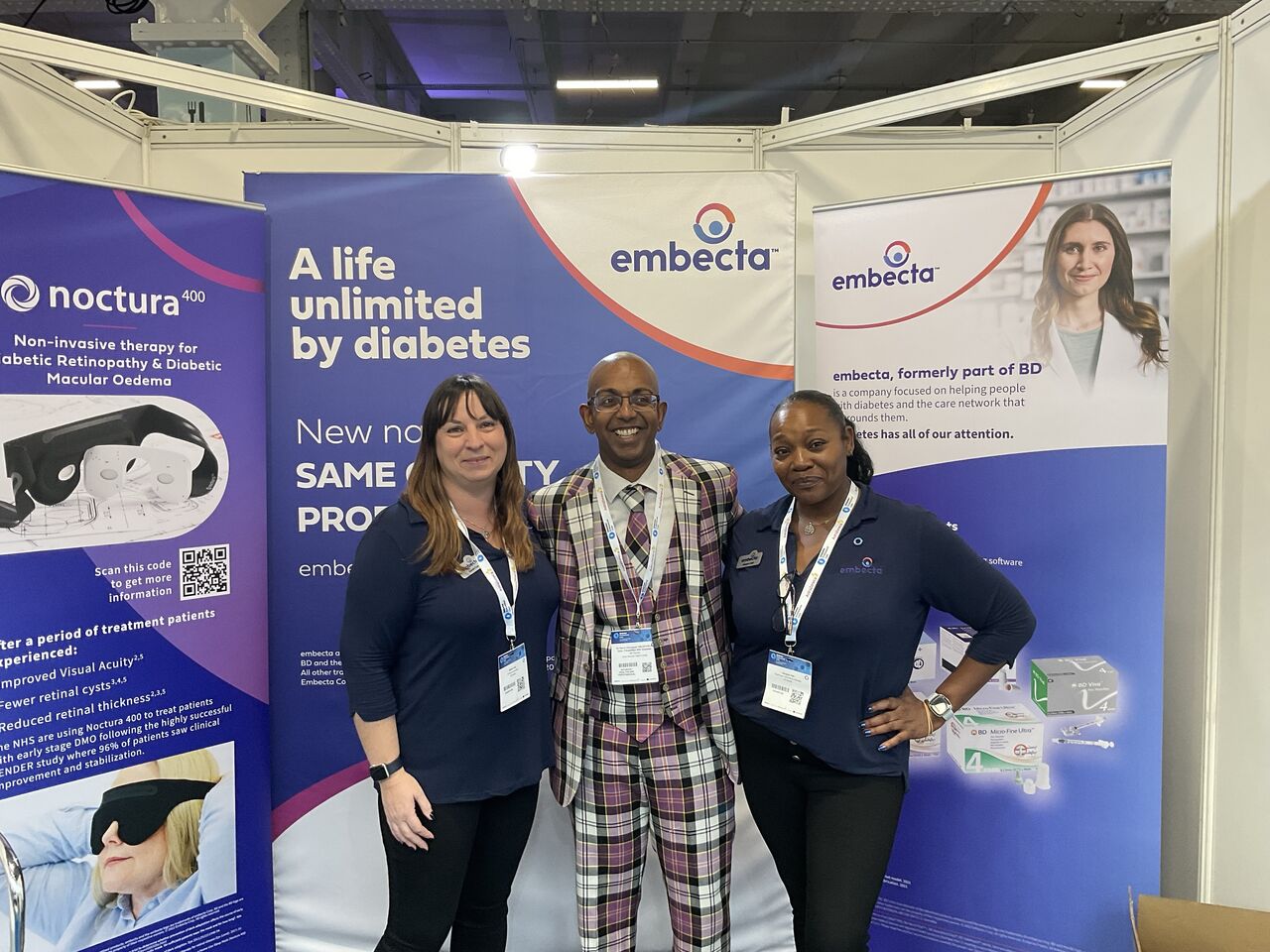
Use discount code WELCOME30 for £30 off your first Buy Now order - UK only

Diabetes and Blood Sugar Control
When you have diabetes, maintaining stable blood sugar levels within a healthy range is crucial. Chronically high or low levels, as well as fluctuations can impact various organs, including your eyes.
Diabetes management involves understanding how different factors affect blood sugar levels. Food, medication, and lifestyle choices all play a role.
Risks of Rapid Blood Sugar Reduction
While controlling blood sugar is essential, rapid reductions can be risky. Hypoglycemia (low blood sugar) occurs when levels drop too much. Symptoms include rapid heartbeat, sweating, dizziness, and confusion.
Hypoglycemia can harm blood vessels in the eyes, leading to eye diseases.
Eye Diseases Associated with Diabetes
Why Rapid Reduction Matters
Sudden blood sugar drops strain blood vessels, including those in the eyes. Hypoglycemia-induced stress on retinal vessels contributes to diabetic retinopathy. Uncontrolled blood sugar fluctuations worsen eye health.
If rapid blood sugar reduction is unavoidable due to the drugs you are prescribed, consider treatment to prevent or stabilise eye disease. Noctura 400 is ideal, as it can be used alongside whatever other treatments you have been prescribed.
Preventing Eye Disease
Remember, managing diabetes isn’t just about numbers; it’s about safeguarding your overall health, including your precious eyesight.
Image credit: By Carogonz11 – Own work, CC BY-SA 4.0, https://commons.wikimedia.org/w/index.php?curid=130403735


